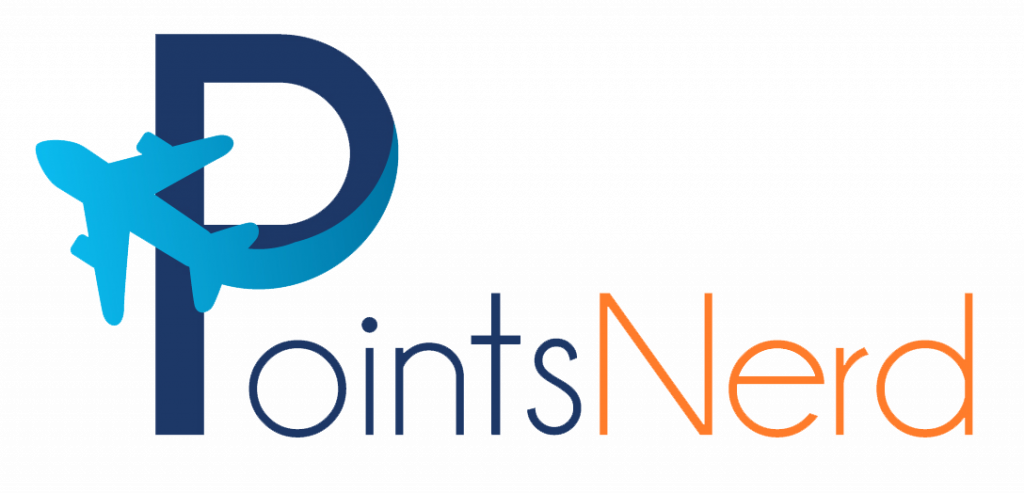If you’re anything like me, you love reading all about the different aspects of Travel Hacking. There are your typical avenues for information like FlyerTalk and blogs but there’s another area that you may not have considered … academic papers!
When I was new into Travel Hacking, I would consume as much information as possible and try to derive information from as many sources as possible. If I had found this paper back then, I would have been smitten.
The Paper
This academic paper was published by Matthew Zook and Mark Graham and is titled “Hacking Code/Space: Confounding the Code of Global Capitalism”. As the title suggests, there is more to the paper than just Travel Hacking but the example used to prove their assertion is rooted in the world we love.
I’ll give the abstract of the paper but I warn you … it’s not easy to digest:
Information-technologies are essential for global capitalism to function at speed across
scale, space and complexity. The importance of software and algorithms in the governance of
these systems is reflected in the attention of scholars to the ways digital code and materiality
(re)combine to create hybrid digital/material spaces of economic activity, movement and
everyday life. This paper extends this work in two key ways: first by emphasizing the relational aspect of these code/spaces, and second by showing how the digital algorithms of code/spaces are hackable rather than hegemonic. Using the case study of frequent flyer programs we demonstrate how networked knowledge sharing reshapes code/spaces to provide unintended opportunities such as low-cost travel and access to spaces normally only frequented by global elites. Although this case highlights vulnerabilities in the code of global capitalism, it is primarily only those with significant lifestyle privilege who are able to fully participate in these subversions. Moreover, while much of the value captured by ‘airline hackers’ comes from airlines’ profit margins, the relationality of code/spaces can impact citizens and consumers not directly connected to or interested in airline travel. Ultimately, this paper demonstrates that in contrast to characterizations of omnipresence and hegemony, the information networks and algorithms of global capitalism contain moments of uneven porousness and selective hackability.
I must admit that while I have read a bunch of academic papers before, some parts of the article were painful to read but there are definite gems in the article.
What to Read
If you want to get into the meat of the matter and focus strictly on the Travel Hacking aspect of the paper, start your reading at Page 7. Specifically at the second paragraph of the section entitled, “Code/spaces of airlines and frequent flyer programs”.
What You Get
If you read the paper, you will get a very good history of airline programs, key resources to get more information, sweet spots in award charts, information on mileage runs, fuel dumping basics, credit card churning, and manufactured spending.
Download the Paper
You can find the academic paper at https://papers.ssrn.com/sol3/papers.cfm?abstract_id=3044102
Conclusion
While none of the information was groundbreaking for me, it certainly put the information in a format that was succinct and provided references if you wanted to get more information on the subject. If you are in the beginner/intermediate portion of your Travel Hacking journey, this paper will likely open up some things that you may not have though of before. If you are a Travel Hacking expert, this paper is still worth a read as it may open up some resources that you hadn’t considered previously.





I laughed at this part:
“Second, our activities as hobbyists – ten years of participant observation including posting in newsgroups and blogs, as well as experimenting with point collecting and redemption techniques – gives us a depth of understanding equivalent (if not surpassing) most time-limited academic fieldwork.”
They definitely got that right – this stuff can easily approach academic levels of time spent on research!
I’m also curious what your opinions are on the term “travel hacking”? Personally I dislike the term as it casts a bad light for no good reason. Maximizing travel rewards isn’t exactly abnormal behaviour; it’s in everyone’s best interest to do so. I don’t even necessarily see it as “subversive”. While the airlines might think so, it’s definitely a completely valid part of the average consumer’s obligation, that is to do the best they can for themselves. What do you think?
Hey Ricky,
Great question. I think the term Travel Hacking has different connotations for different people. People in the know have grown up with the term and have generally accepted it as the moniker that people use to describe people in our hobby. For people that are new or don’t know about the subculture, it suggests some sort of illegal activity, which we all know isn’t the case. I think it’s a bit of an unfortunate term that perhaps keeps people away, which is a shame.
I have taken a liking to the term “leveraging miles and points” over travel hacking but find myself using the travel hacking term on occasion. I guess there’s no perfect solution to the problem but hopefully it’s not a big issue for most.
Cheers
Jayce